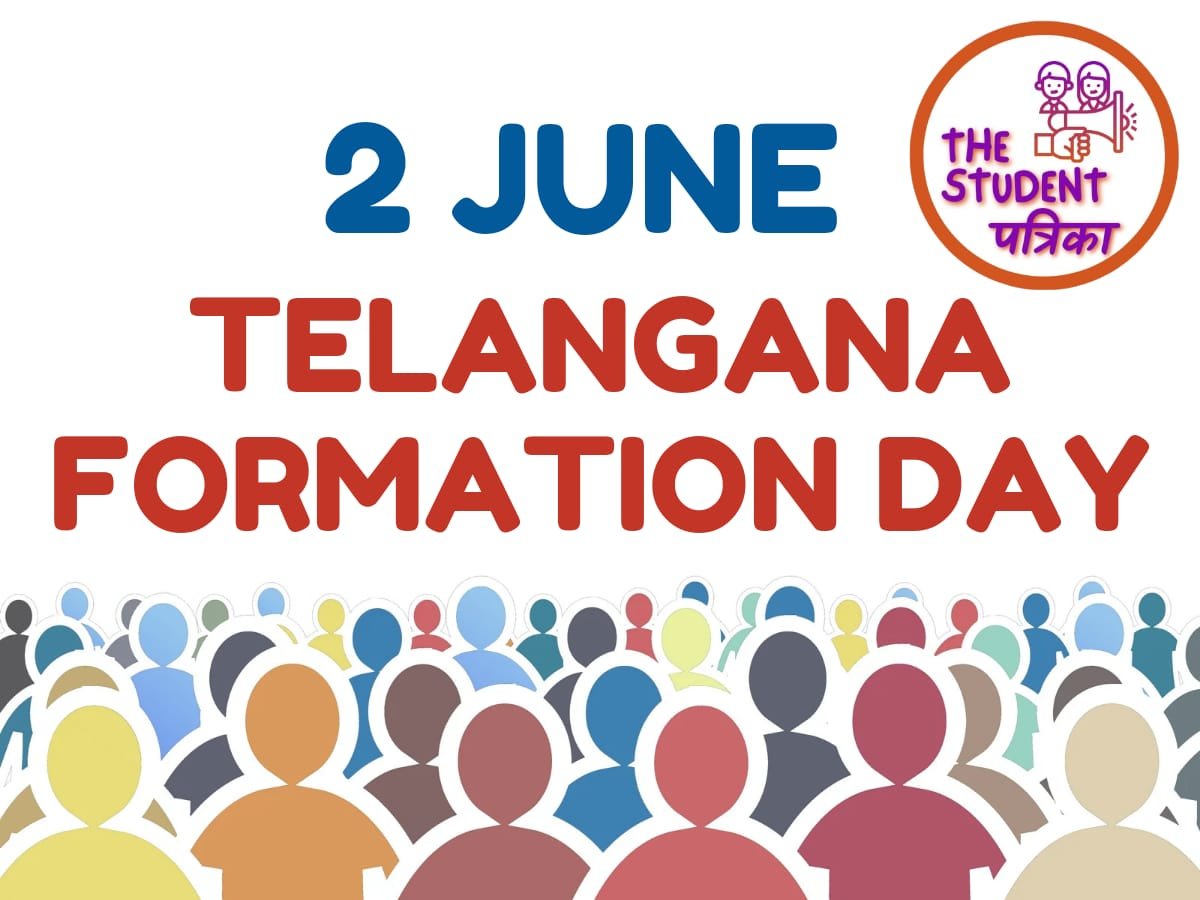
With growing aspiration of Indian students to gain global exposure, world-class education and career opportunities, increasingly more students are looking to study abroad. However, the higher costs involved can be a significant barrier. This is where an education loan comes in, providing students the financial assistance they need to pursue their dreams. In this blog, we’ll explore everything you need to know about education loans in India.
Firstly, why opt for an education loan?
Studying abroad can come at a steep cost which includes tuition fees, living expenses, travel costs, and other miscellaneous expenses which can add up quickly. An education loan helps provide relief and bridge the financial gap, enabling students to focus on their studies without worrying about finances.
Types of education loans available in India
These are offered by several public and private sector banks, as well as non-banking financial companies (NBFC), and cover tuition fee, accommodation, travel, and other additional expenses. Secured loans require collateral, such as property, fixed deposits, or other valuable assets. They have usually lower interest rates and flexible repayment terms. There are also unsecured loans that don’t require collateral and are based on the student’s academic performance and credit-worthiness of the co-borrower such as parents or guardians. However, they typically come with higher interest rates.
Eligibility criteria for education loans
Some common requirements include:
- Indian citizenship
- A confirmed letter of admission to the respective foreign institution or university.
- A strong academic record, as most lenders require a minimum percentage or CGPA for students to be eligible for a loan.
- An age limit between 18 to 35 years of age.
- A co-applicant, like a parent or guardian, is required to co-sign the loan.
Loan amount/coverage and interest rates, repayment
Typically, the loan covers tuition fees, accommodation, travel expenses, books/study materials, miscellaneous study material and resources. This amount sanctioned depends on various factors including the course itself, university, and country of study.
Interest rates can vary based on the type of loan, the lender, and the borrowers’ credit profile. On an average, interest rates range from 8.5% to 15% per annum. Therefore, it is essential to compare different lenders to find the most favorable rate.
When it comes to repayment, most education loans come with a moratorium period, typically the course duration with an additional 6 to 12 months. During this period, you are not required to make any payments, but some lenders may require simple interest payments during this period. After the ending of the moratorium period, EMI payments begin, with tenures ranging from 7 to 15 years. Additionally, under Section 80E of the Income Tax Act, borrowers can claim a deduction on the interest paid. However, there is no tax benefit on the principal amount.
Now let us briefly go through the application process
- Research: compare different lenders based on interest rates, loan amount and repayment policies.
- Application: fill out the loan application, either online or at the bank branch.
- Documentation: essential documents to be submitted include proof of admission, identity proof, address proof, academic records, and income proof of co-borrower.
- Loan approval and disbursement: after the documents are verified, the loan is sanctioned. Some lenders may require an interview before the final approval. The loan amount is disbursed either directly to the institution of application or the borrower’s account.
Finally, let us go through some top lenders for education loans
- State Bank of India (SBI): SBI offers the "SBI Global Ed-Vantage" loan specifically designed for students aspiring to study abroad. This loan provides amounts ranging from ₹20 lakhs to ₹1.5 crores with flexible repayment terms.
- HDFC Credila: HDFC Credila is an NBFC that specializes in education loans for international studies. They offer customized loan solutions with quick processing and minimal documentation.
- Axis Bank: Axis Bank offers education loans with competitive interest rates and flexible repayment options. Their loan covers a wide range of expenses, including tuition, accommodation, and travel.
- Bank of Baroda: Bank of Baroda's "Baroda Scholar" loan scheme is designed for students seeking education abroad. It offers attractive interest rates and a simple application process.
Our hope is that after you’ve read this post, you have a clearer and better idea of the process that goes into securing education loans to help you ladder up to your career goals. Remember to explore all options, understand the terms and conditions, compare interest rates, repayment policies and processing times. Also, seek advice if needed before making this important decision. With the right education loan, your dream of studying abroad can become a reality.
Comments
You have made your stand pretty effectively.! casino en ligne You mentioned that adequately! casino en ligne You said it very well.! casino en ligne fiable Appreciate it, A good amount of information. casino en ligne francais Thank you, Loads of posts! casino en ligne Very good information, Kudos! casino en ligne Cheers! An abundance of info. casino en ligne You made your point extremely nicely.! casino en ligne France You stated it perfectly! casino en ligne This is nicely put! ! casino en ligne francais










